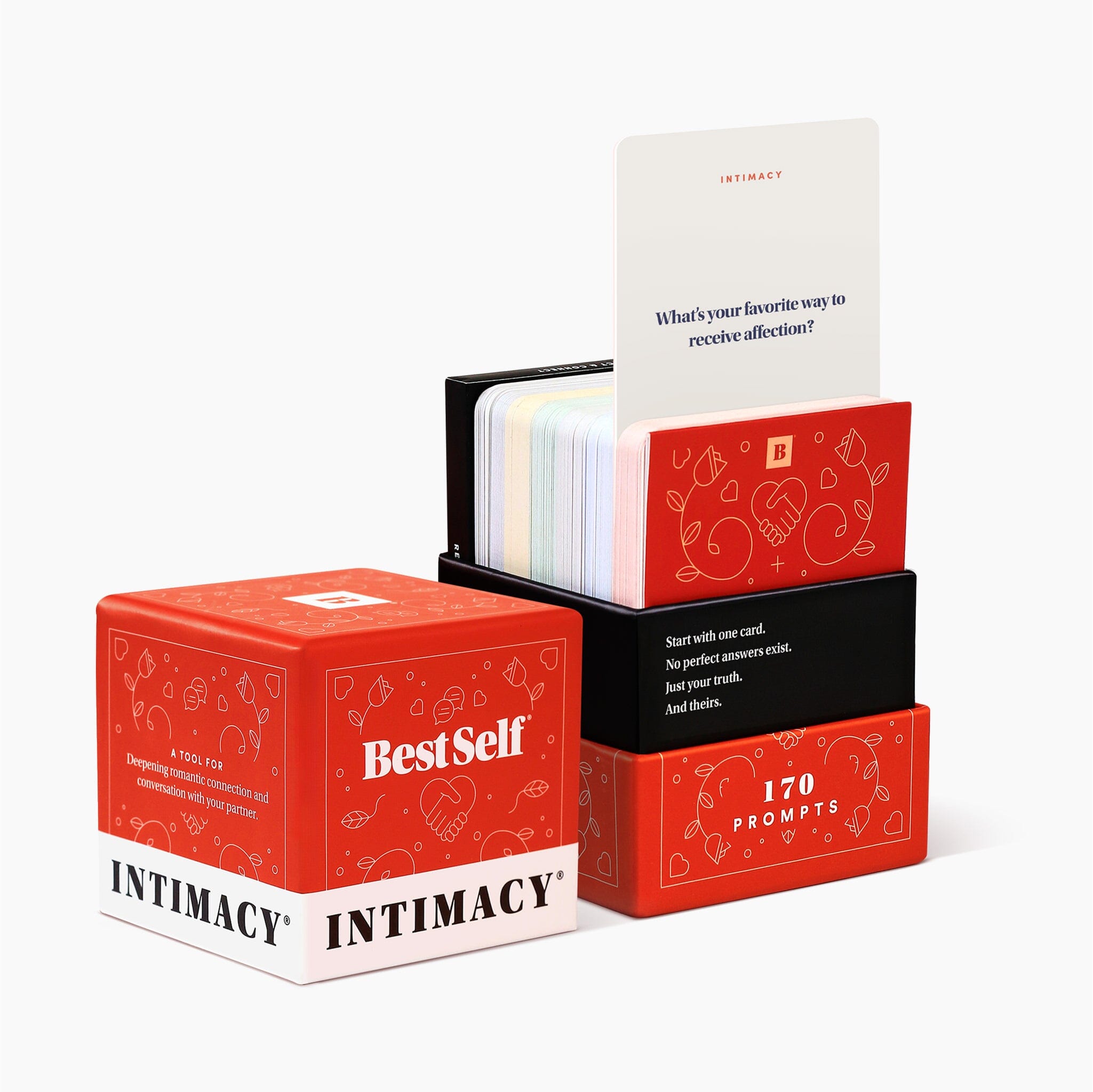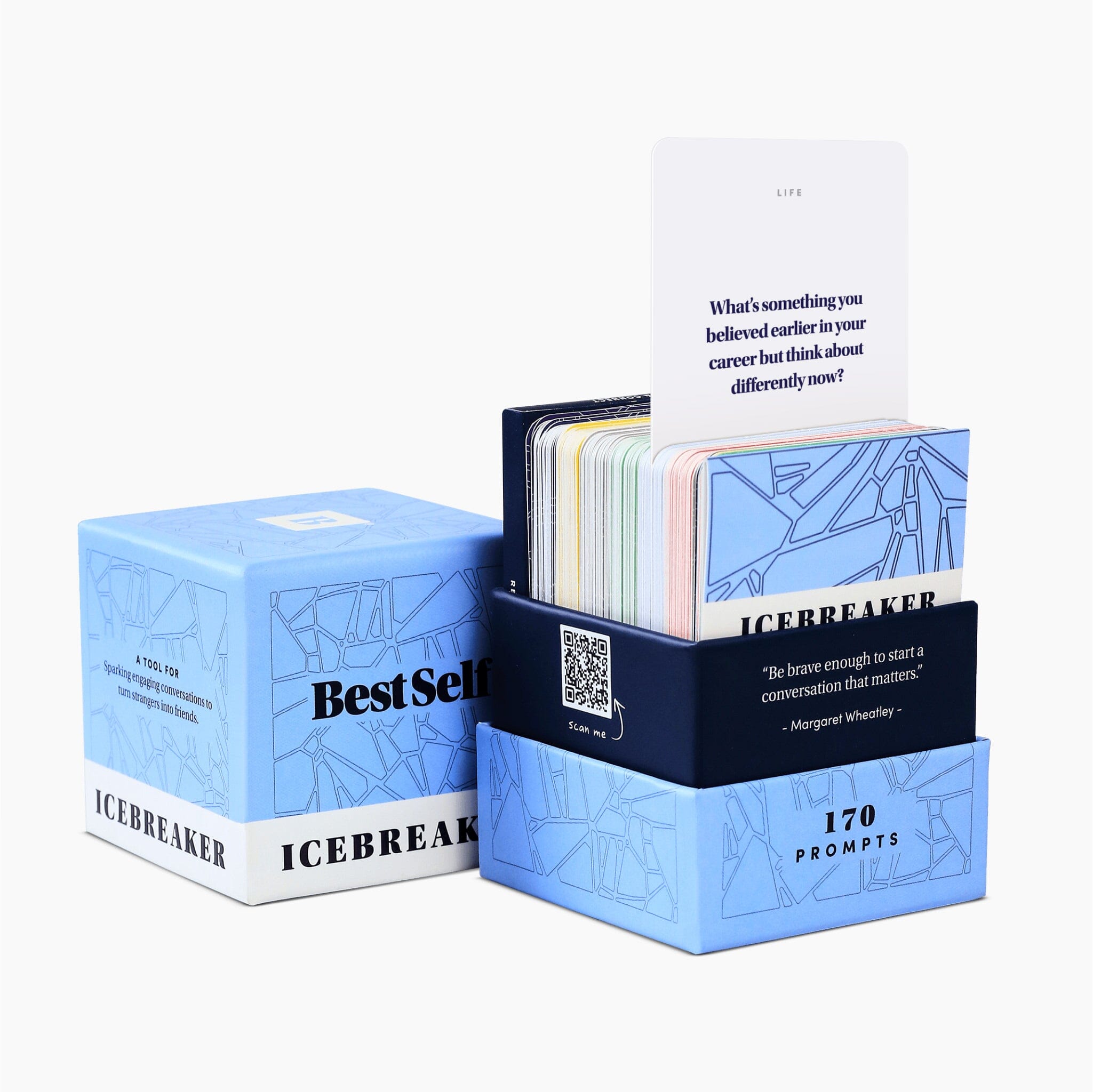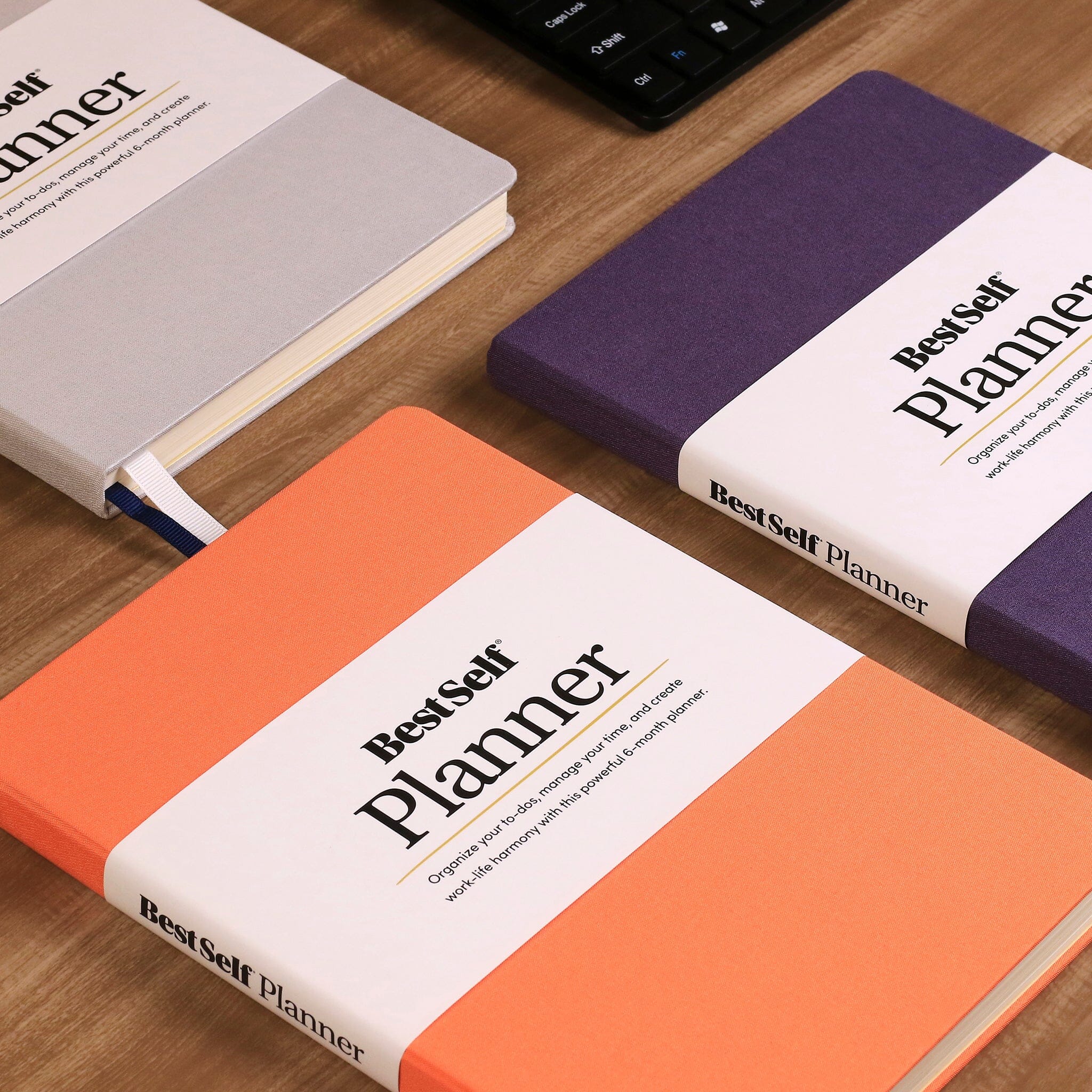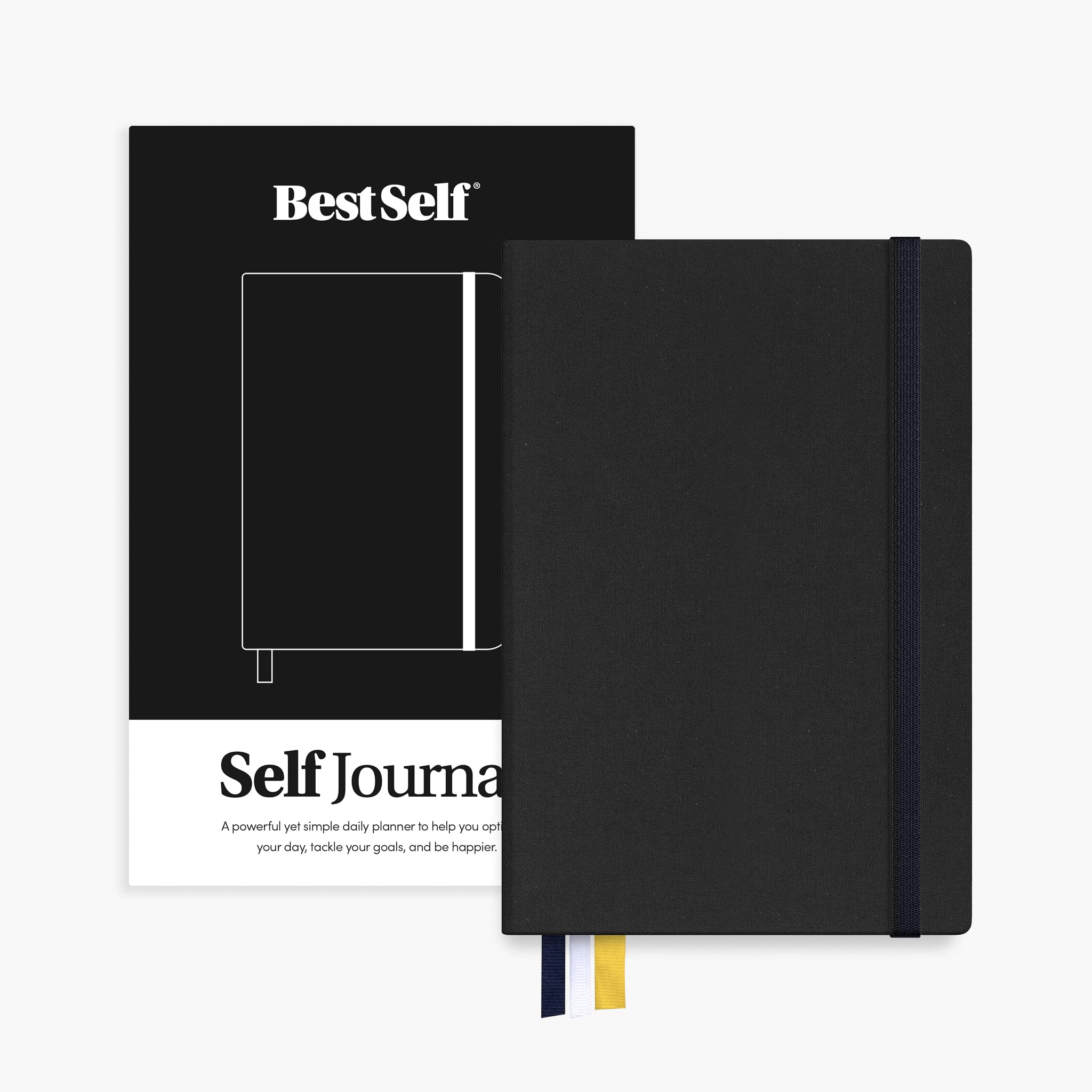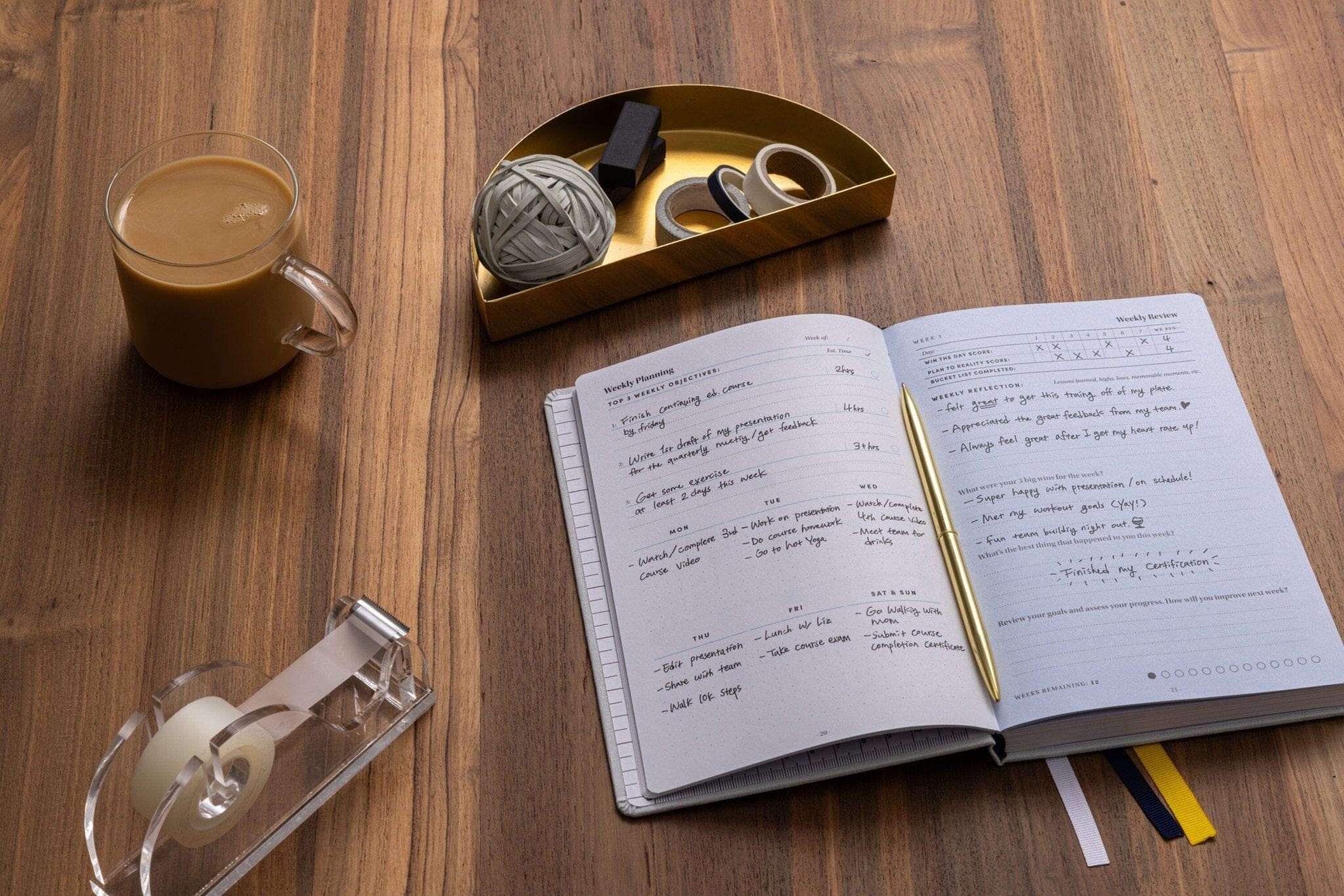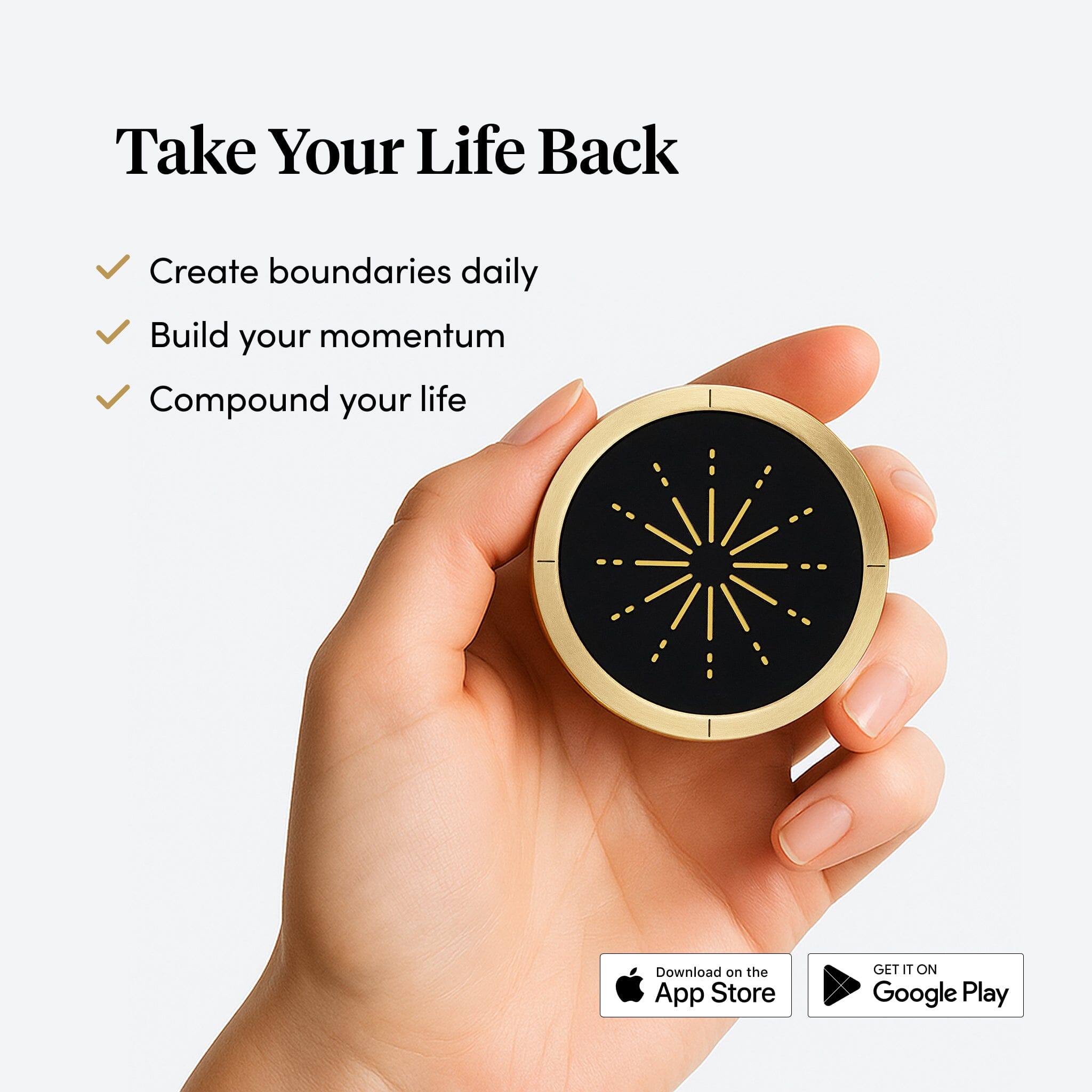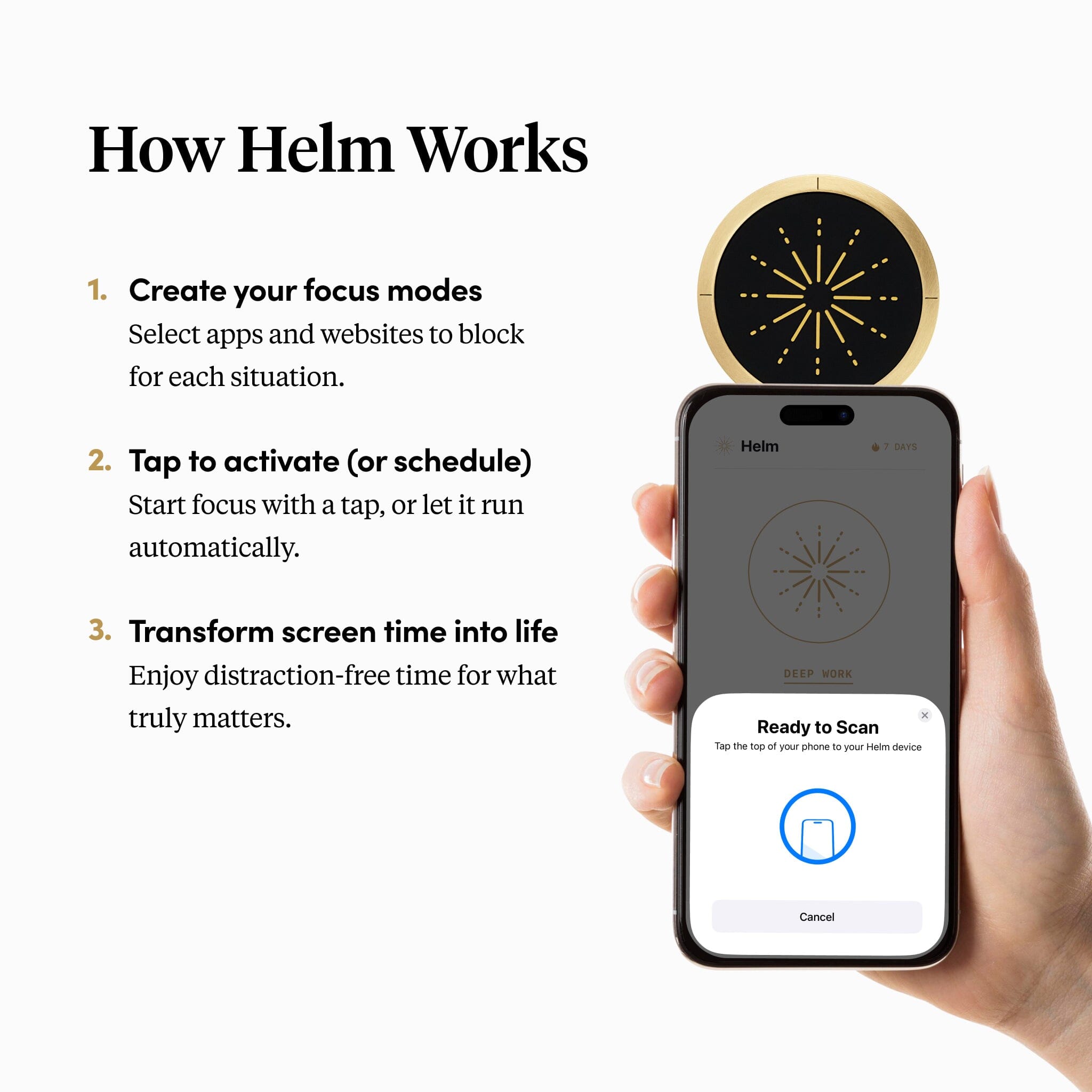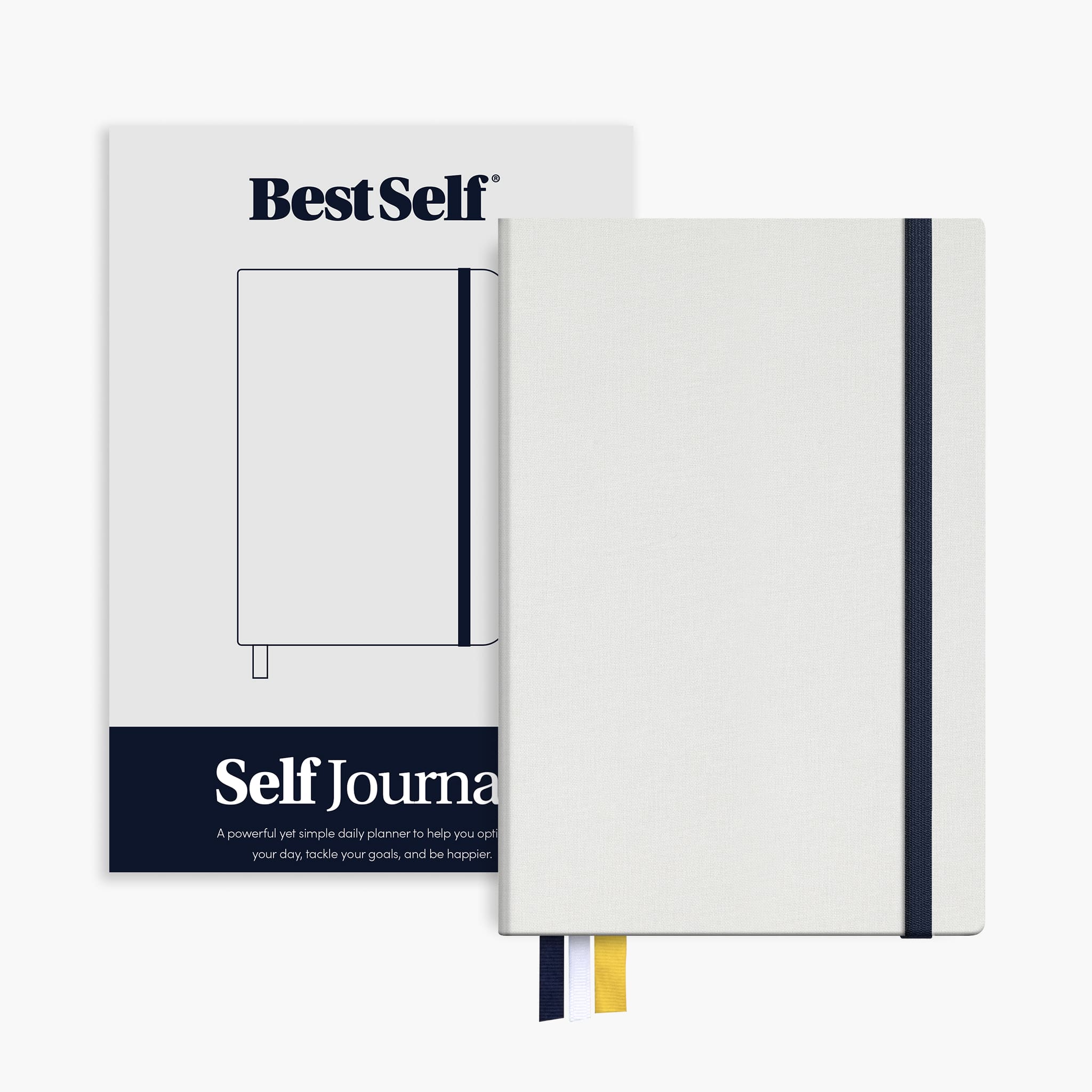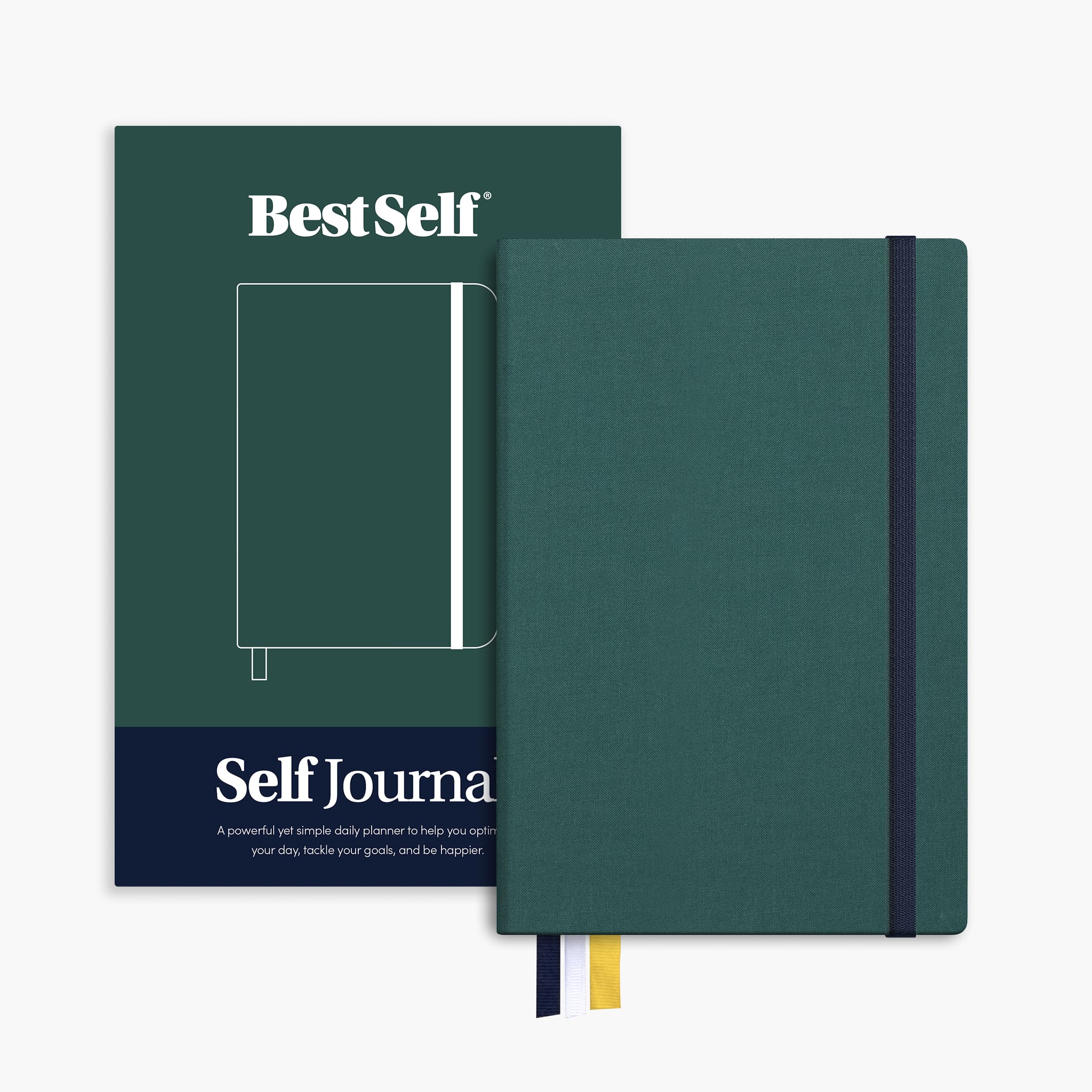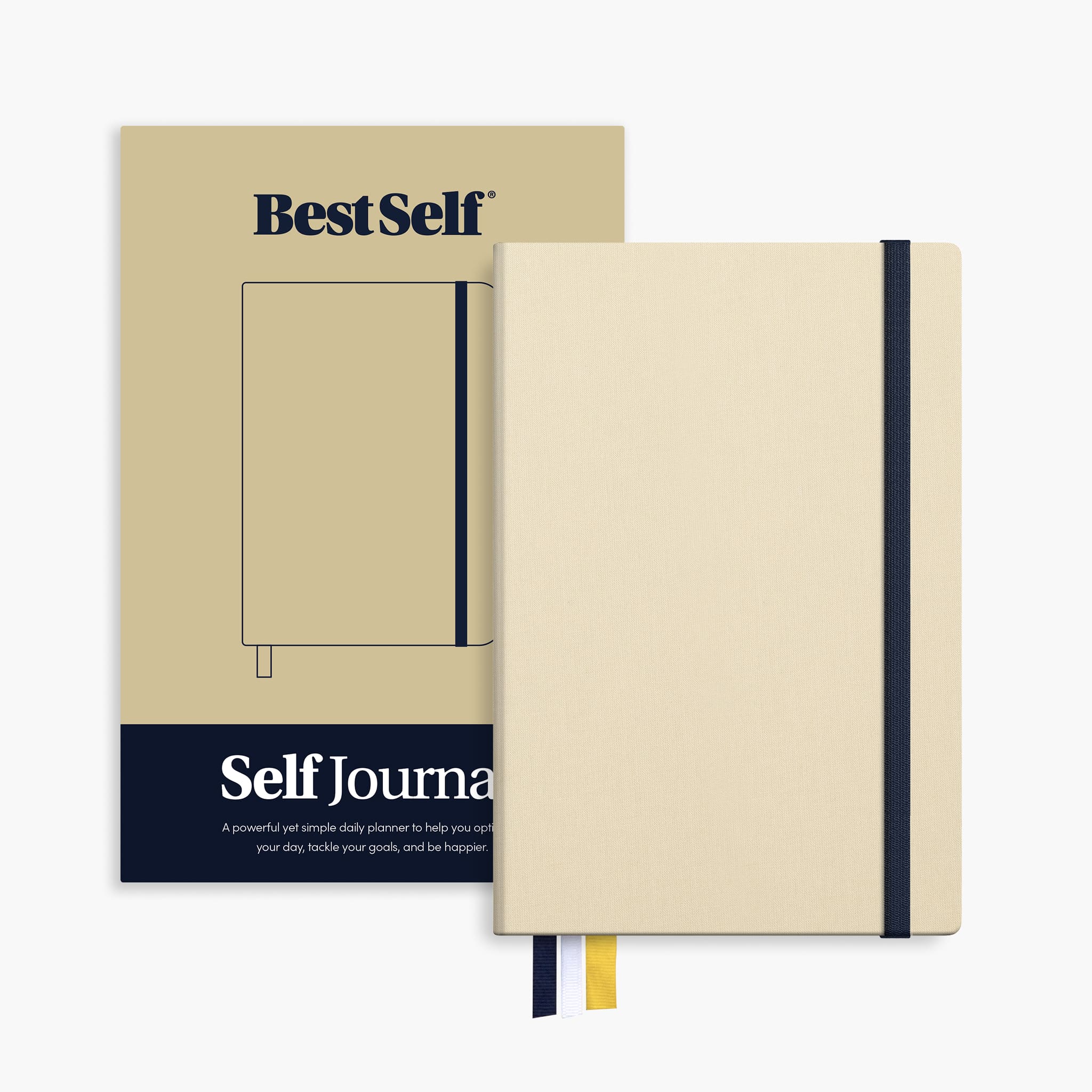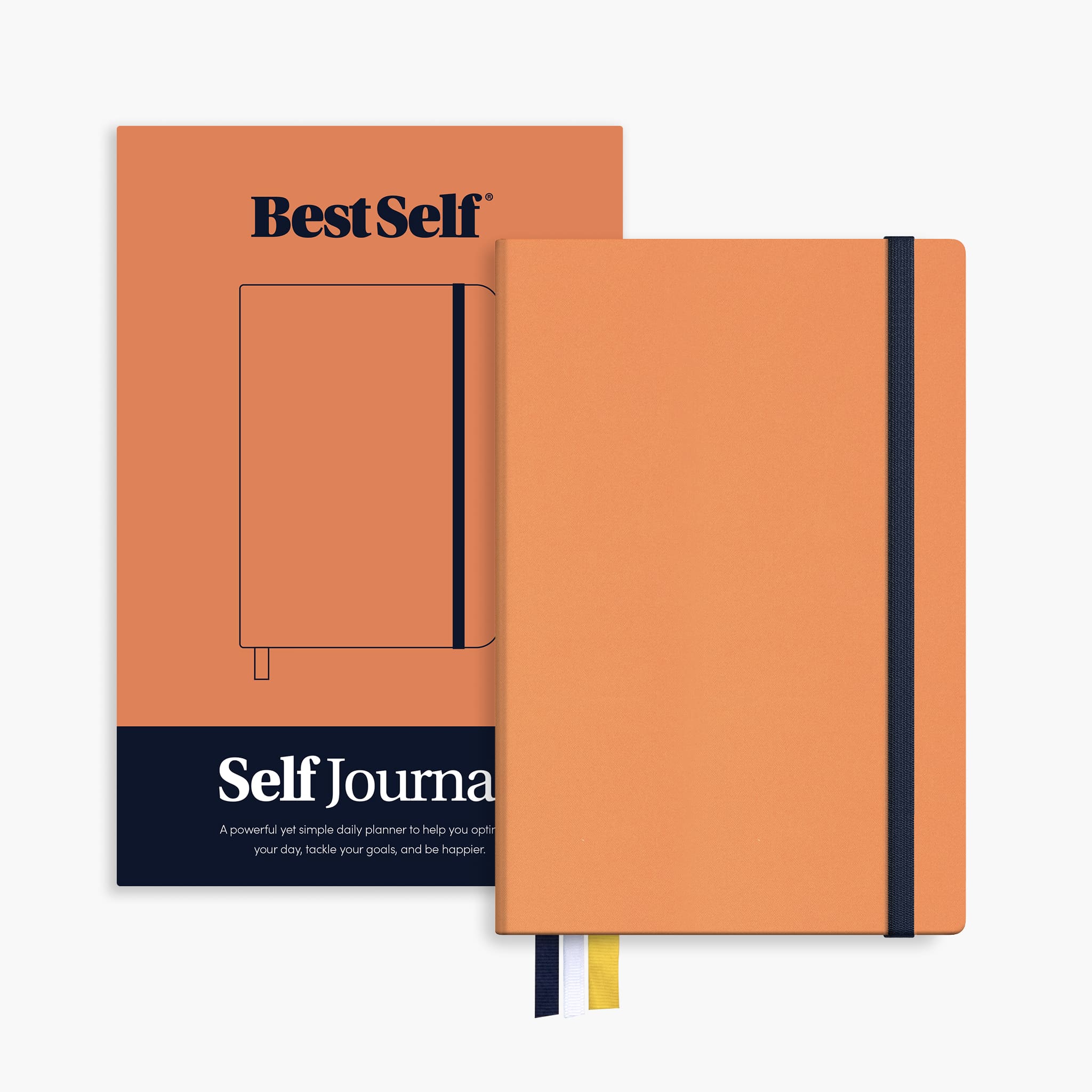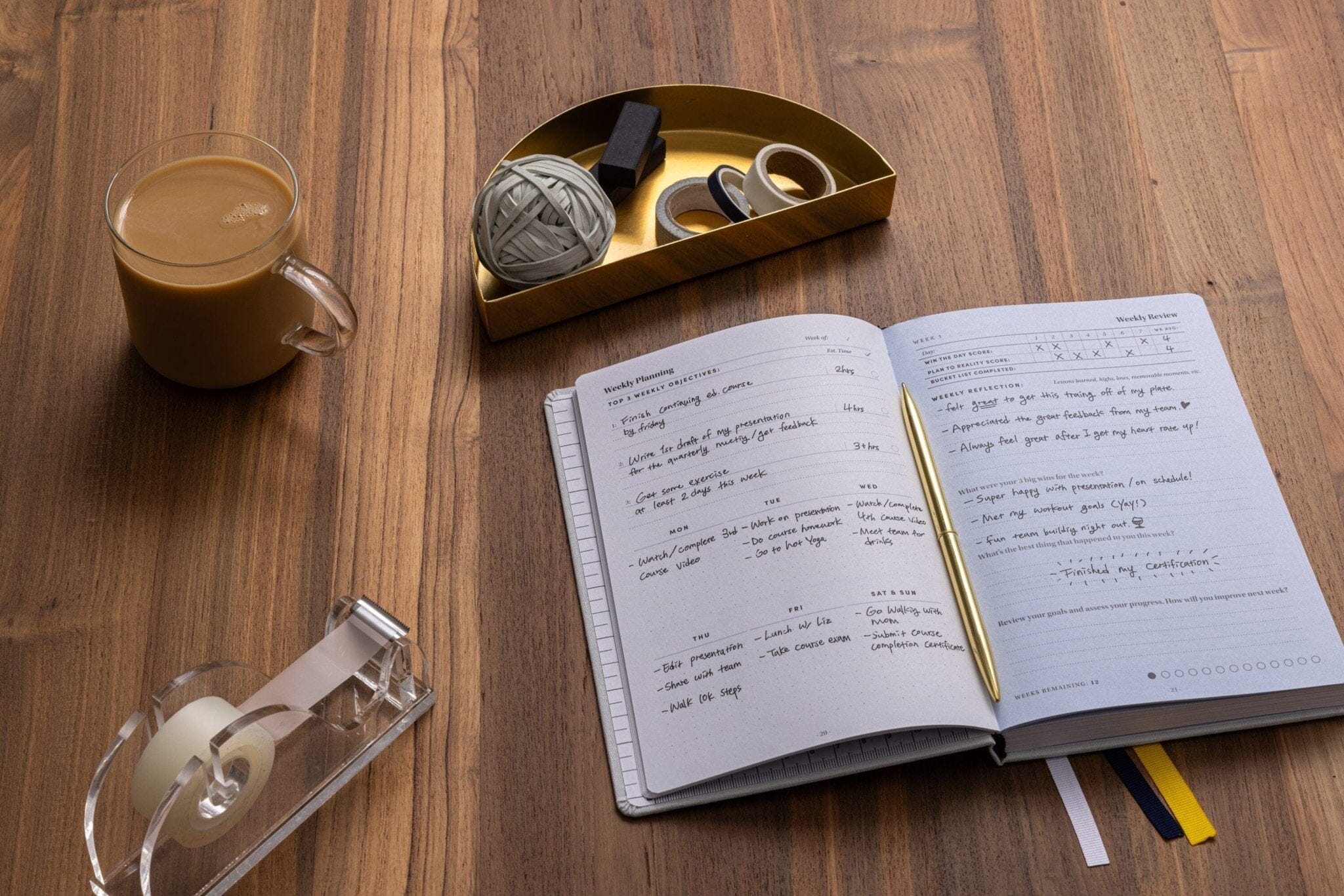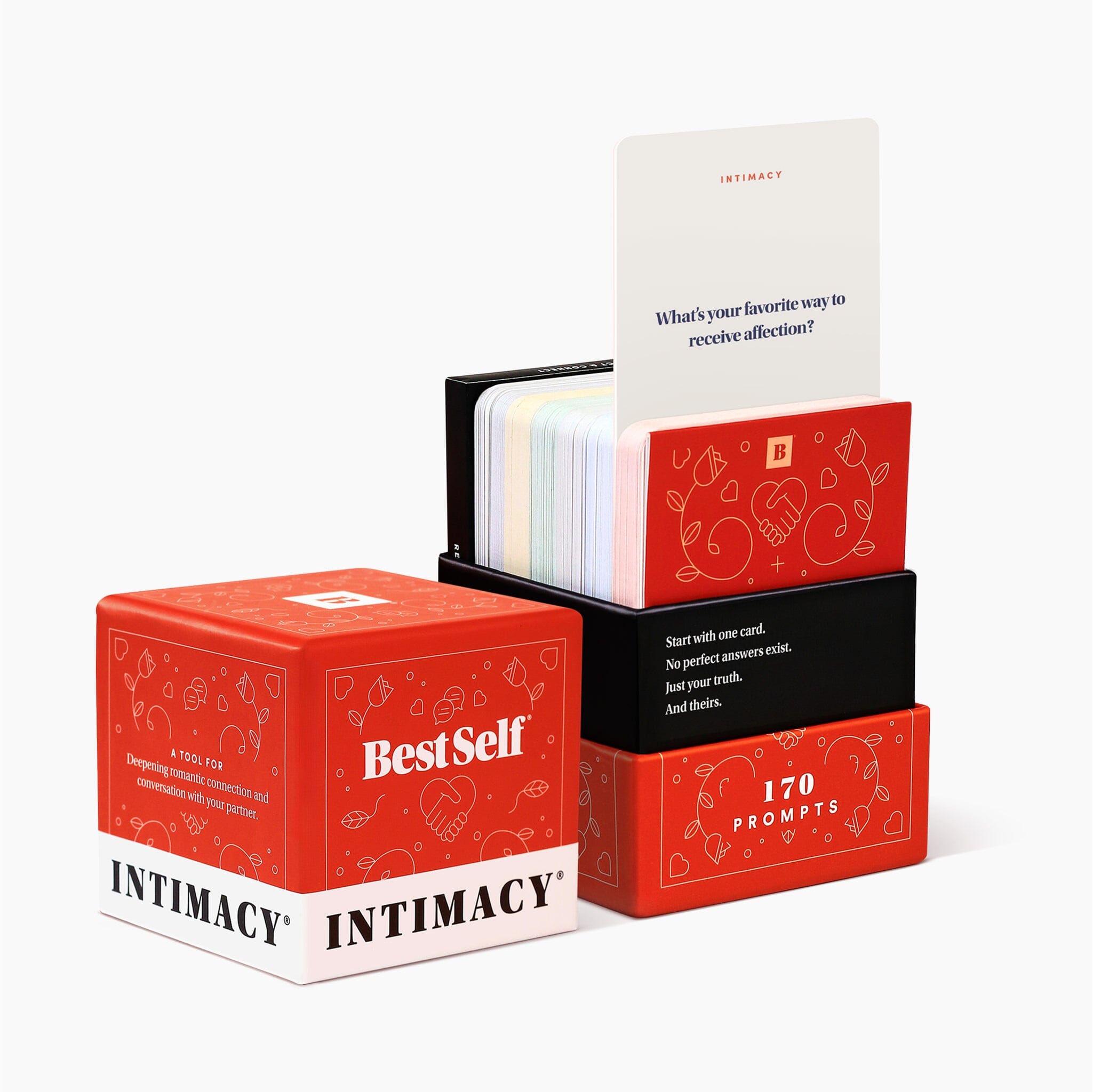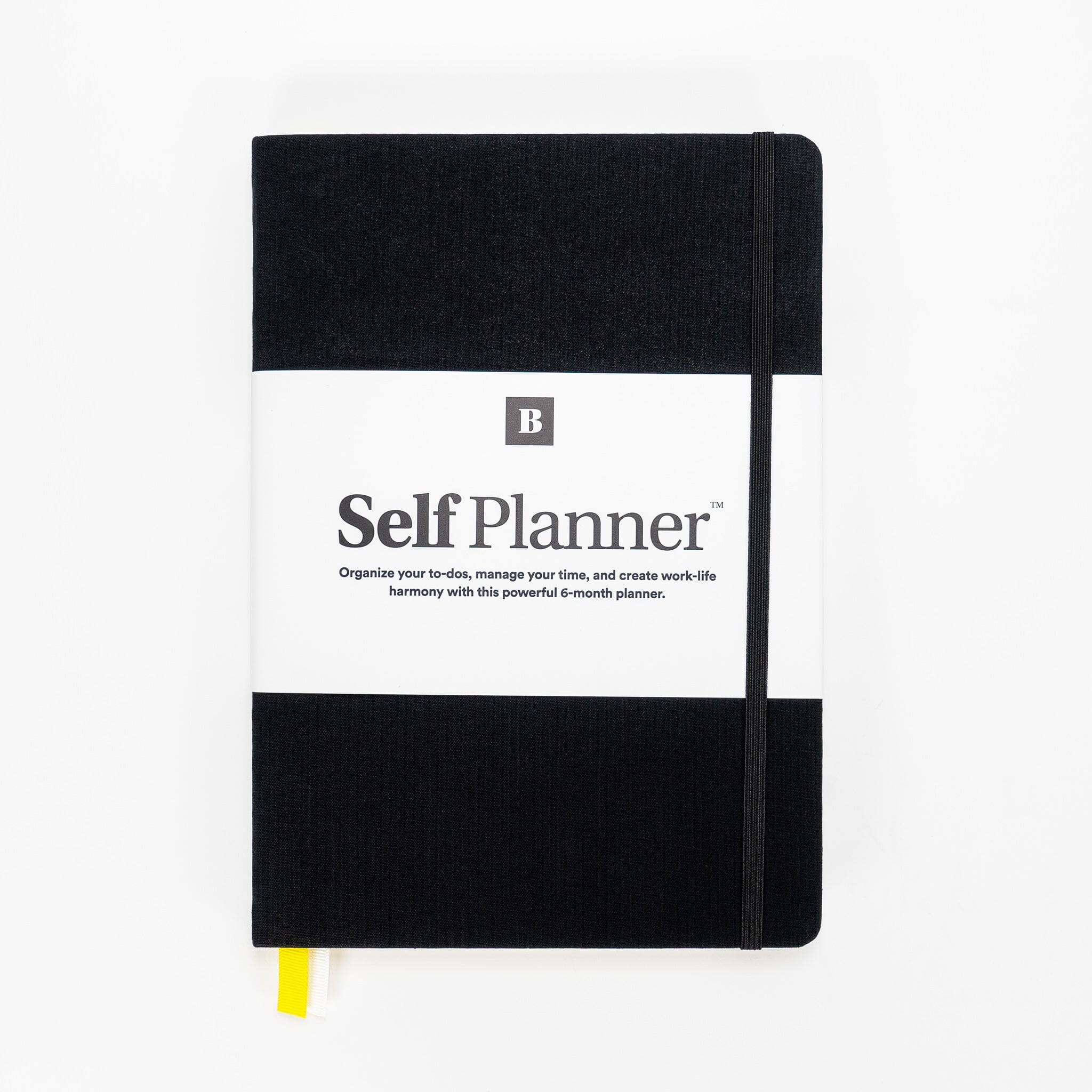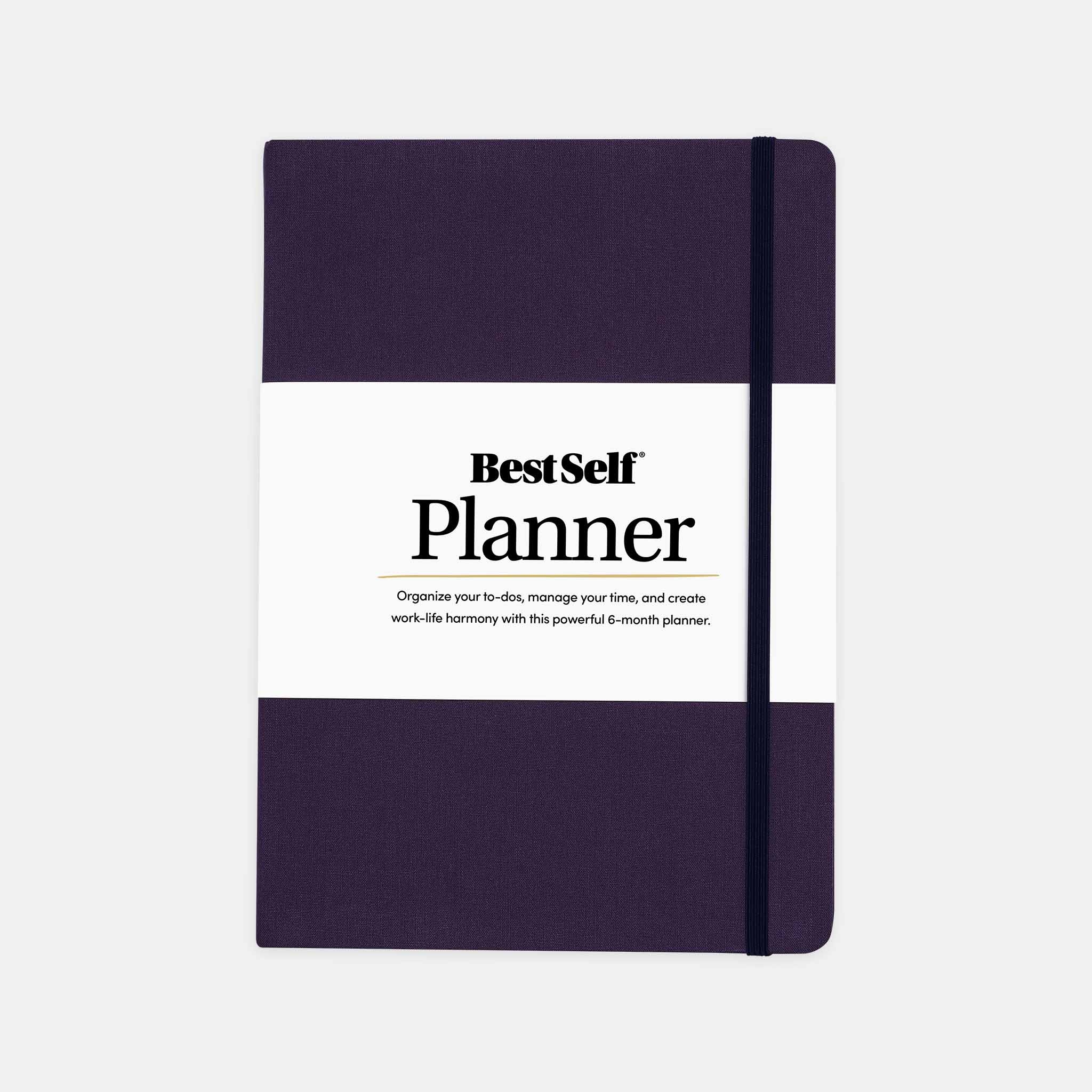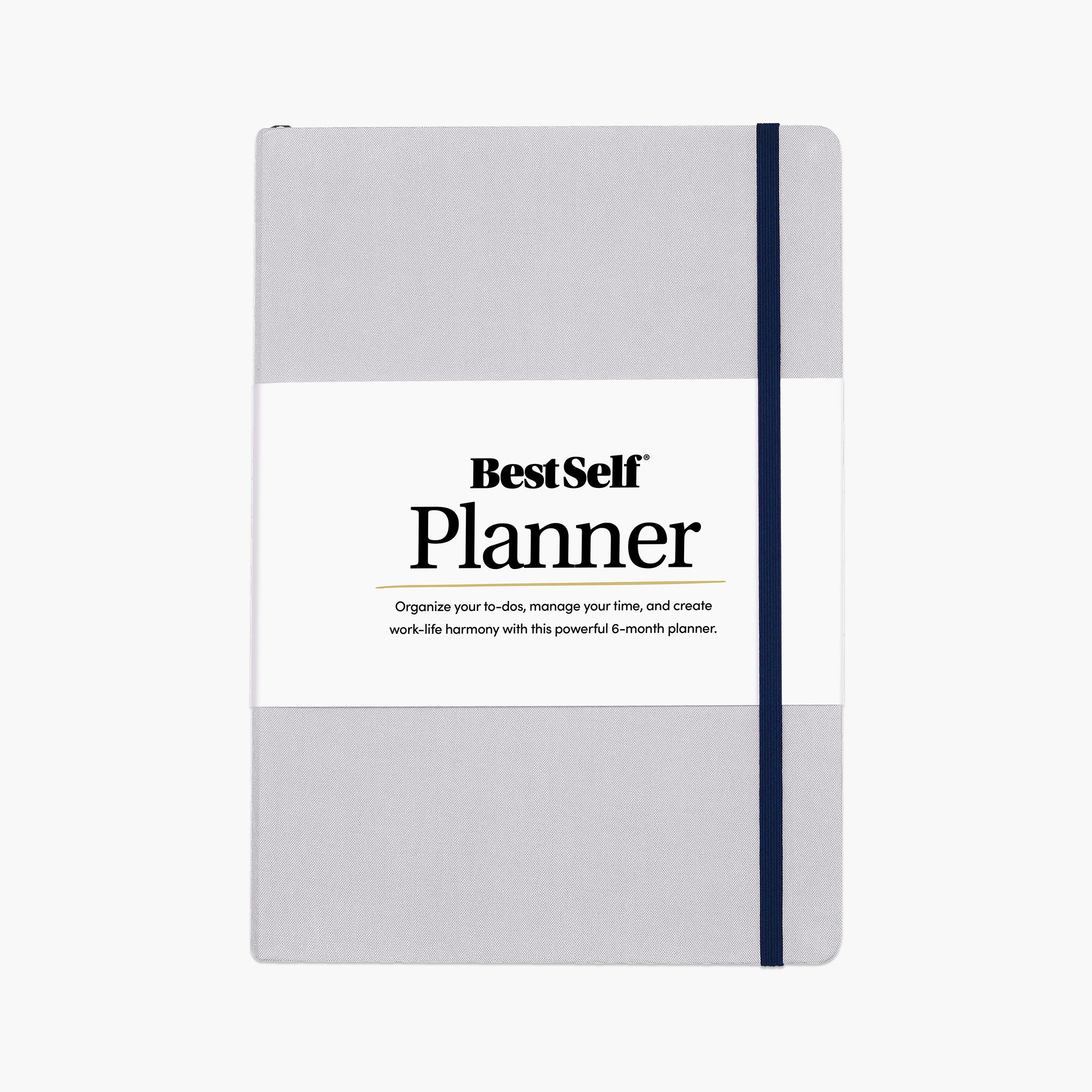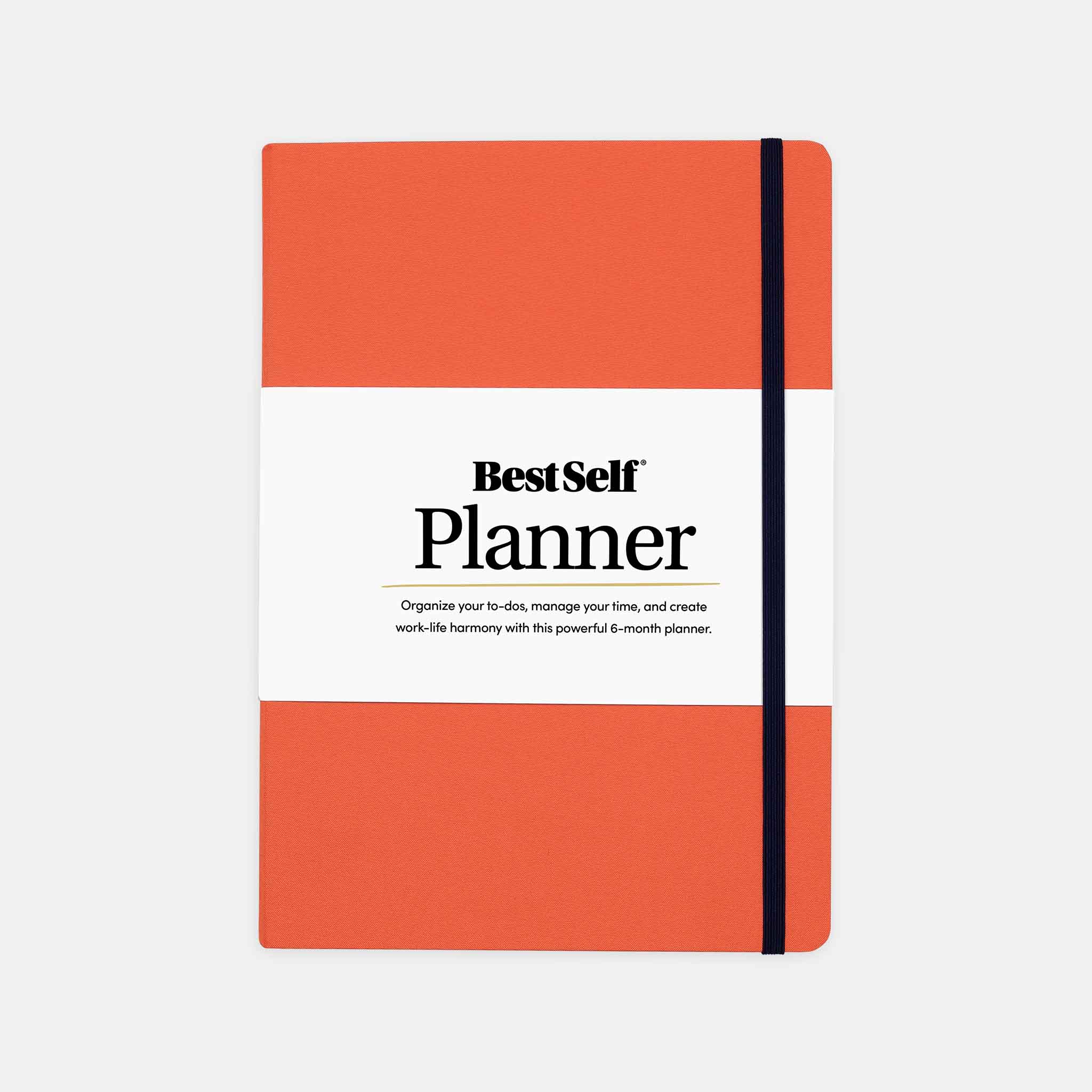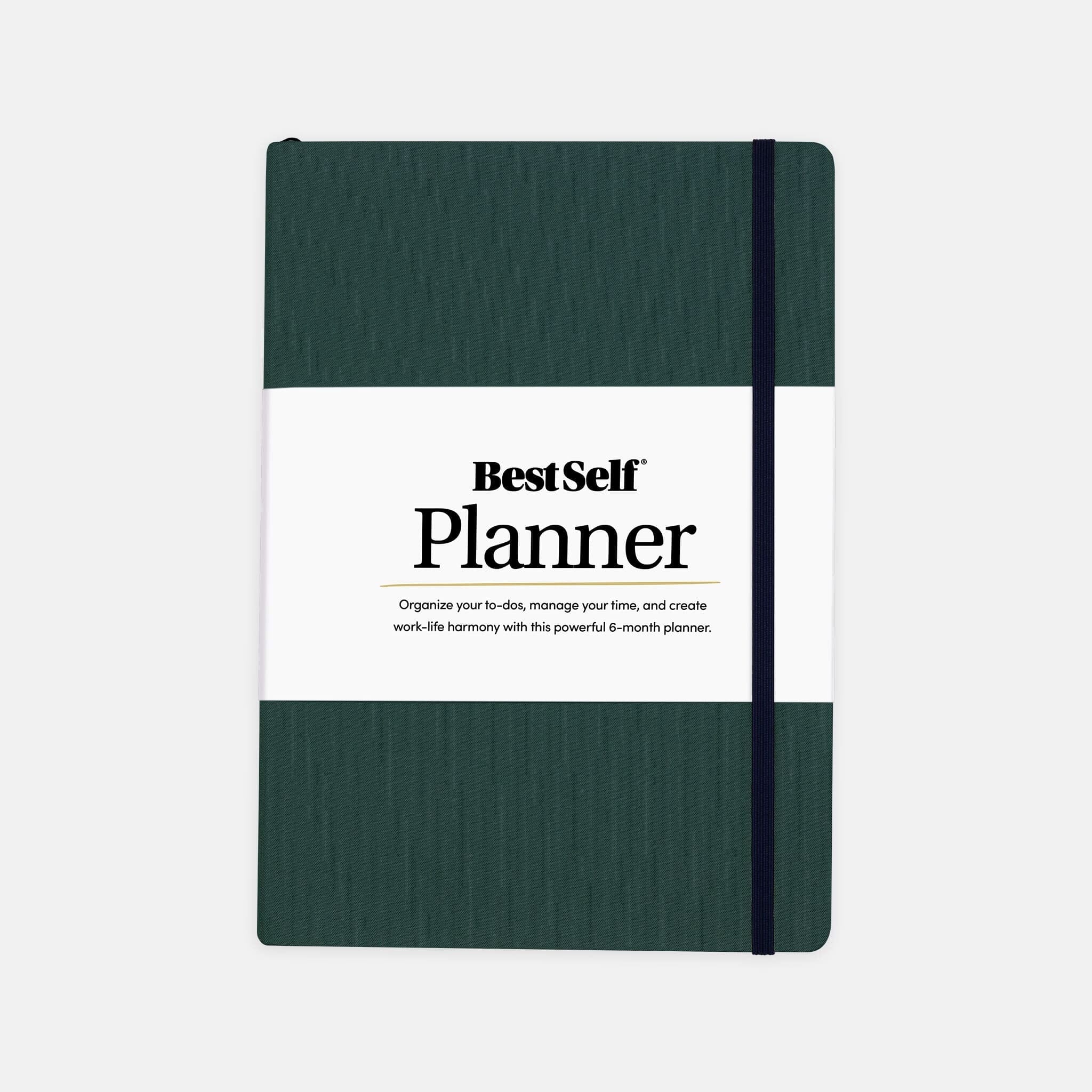Staying organized is a game-changer when it comes to managing daily tasks. A planner can be your best friend on this journey. It serves as a roadmap, guiding you through your busy schedule with a clear sense of direction. With a planner, you won't have to juggle everything in your head, which can help ease stress and sharpen focus.
Having everything written down gives you a solid visual of what's important. It helps prioritize tasks, ensuring that you don't miss deadlines or forget appointments. From work and school to personal commitments, a planner keeps all aspects of life in check.
Getting started with a planner may seem daunting, but it's quite simple. It's about finding what works best for you and sticking with it. Planners come in various styles, so there's always one that fits your needs. Once you make planning a habit, not only will your productivity soar, but you'll also find more time for things you love doing.
Benefits of Using a Planner
A planner can greatly enhance time management and productivity. By providing a structured way to organize tasks, planners help you allocate your time effectively. When you chart out your day, week, or month, you can foresee busy periods and plan accordingly. With a clear schedule, you minimize wasted time and focus more on completing tasks efficiently. This structured environment fosters productivity and ensures that important deadlines are met.
Planners also play a crucial role in reducing stress and boosting mental clarity. When tasks and commitments are written down, the mind has room to breathe. This reduces the mental load of trying to remember everything on your own. Knowing that everything is accounted for in your planner can bring peace of mind, making it easier to concentrate on one task at a time. This clarity allows you to direct your energy toward accomplishing your goals rather than managing chaos.
Additionally, a planner provides a visual overview of your tasks and goals, offering unique benefits. Seeing everything laid out visually helps identify priorities and notice patterns in your productivity. It becomes easier to balance work obligations with personal activities, ensuring a well-rounded routine. The visual grid of a planner acts as a roadmap, guiding you steadily towards achieving both short-term tasks and long-term goals.
Choosing the Right Planner for Your Needs
Selecting the perfect planner starts with understanding the different types available. Planners come in various formats, including daily, weekly, and monthly layouts. Daily planners offer detailed space for each day, perfect for those with many scheduled commitments. Weekly planners provide an overview of an entire week, ideal for balancing work and personal activities. Monthly planners highlight broader plans, assisting in managing projects and long-term goals.
When choosing a planner, consider your personal or professional needs. A student might need ample space for assignments and extracurricular activities, while a professional might require sections for meetings and deadlines. Evaluate how you plan to use the planner and what features will best support your lifestyle.
Flexibility and adaptability are important traits in a planner. Life is unpredictable, so a planner should be able to accommodate changes easily. Look for planners that offer a blend of structure and openness to allow for adjustments. Consider whether you prefer a physical planner with tangible pages or a digital planner that can sync with devices for added convenience. The right planner will adapt to your evolving needs, fostering a sense of control and efficiency in managing your tasks and goals.
Effective Ways to Use a Planner
Using a planner effectively involves setting clear priorities and organizing tasks in a way that makes sense. Start by listing all tasks and identifying which ones are most urgent or important. Placing tasks in order of priority helps ensure that you address the most critical activities first. This approach keeps you focused and prevents the stress of last-minute efforts.
Color coding and symbols can significantly enhance visualization in your planner. Assign different colors to categories like work, school, or personal activities. This method allows you to see at a glance where most of your time will be spent, helping balance your schedule better. Using symbols like stars or exclamation points can highlight important deadlines or events, drawing attention to them immediately.
Tracking progress is another crucial aspect of effective planner usage. Regularly review your planner to see what you've accomplished and adjust your plans if necessary. This practice helps identify patterns in productivity and areas for improvement. As you complete tasks, check them off or use stickers as a form of encouragement and recognition. Seeing progress fosters motivation and keeps you on track toward achieving your goals.
Creating a Consistent Planning Routine
Consistency is key when it comes to using a planner. Establish regular planning sessions where you can review your schedule, set up tasks, and prepare for upcoming commitments. Dedicate time at the start or end of your day to update your planner, ensuring it reflects all new tasks and changes. This habit reduces the chances of overlooking crucial details and builds a routine that supports productivity and organization.
Integrating planning into your daily or weekly life can be seamless with a few tried-and-true methods. Choose a specific time each week to prepare for the days ahead, perhaps a Sunday evening planning session. For daily planning, consider setting aside a few moments every morning to review what needs attention. These practices make planning a natural part of your routine and offer consistency that helps prevent surprises.
Staying motivated to continue using a planner long-term involves finding joy in the process. Personalize your planner with inspiring quotes, pictures, or doodles. Make the experience enjoyable by using colorful pens or finding creative inspiration in how you organize your tasks. Celebrate small wins and milestones to reinforce the positive impact of planning on your life, keeping you engaged and motivated to maintain this healthy habit.
Conclusion
Using a planner to stay organized is a small change that can lead to big improvements in your life. By choosing the right planner, using it effectively, and creating a consistent planning routine, you open doors to better time management and reduced stress. These steps build a strong foundation for personal growth and allow you to focus more on what truly matters.
Take the first step toward organized success with tools designed to support your journey. BestSelf Co. offers planners and resources tailored to help you structure your days and achieve great things. Explore our selection of the best personal planners today and discover how you can enhance your planning routine and enjoy more peace of mind.
